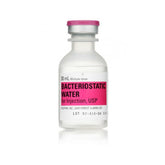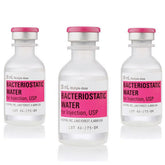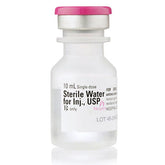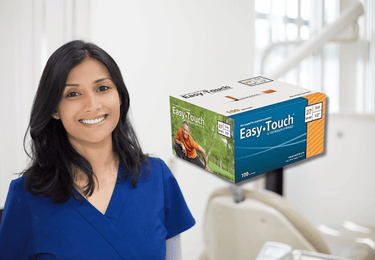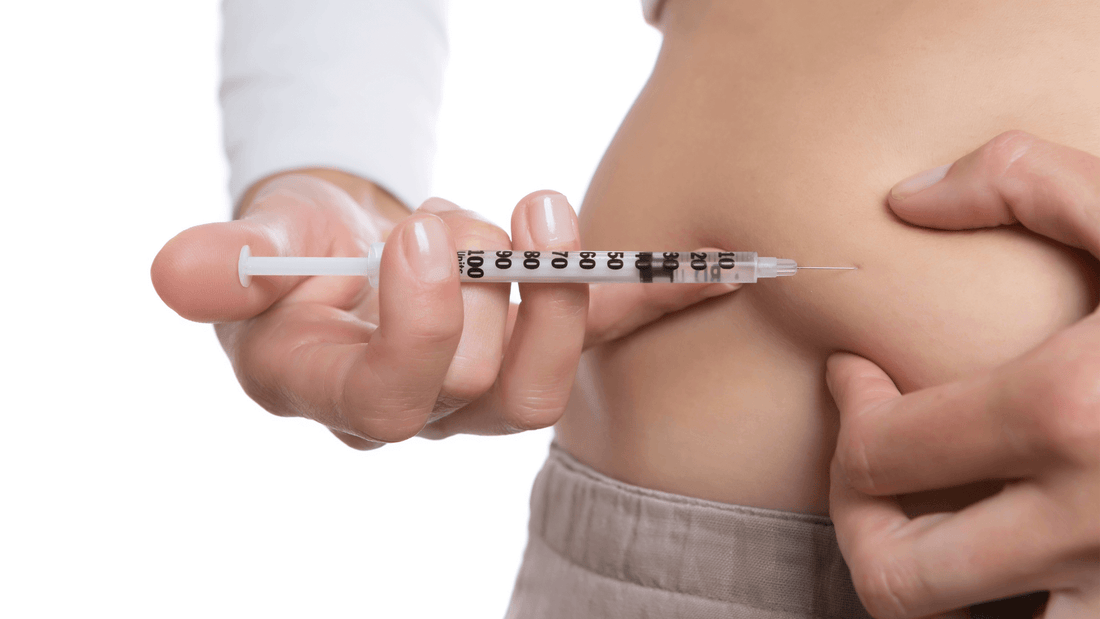Insulin syringes, specifically designed for self-administration of insulin, are a crucial component in managing diabetes. Managing diabetes often requires the regular administration of insulin, a task that is made easier and safer through the use of insulin syringes. Designed specifically for the self-administration of this critical hormone, insulin syringes are an essential tool in the diabetes management kit. They differ significantly from other types of syringes, boasting unique features and specifications to ensure accuracy, efficiency, and minimal discomfort during use.
Understanding these intricacies can vastly improve one's diabetes management routine, leading to more consistent blood sugar levels and overall better health. This article aims to delve into the intricate aspects of these medical tools, their unique features, and address common misconceptions and queries, thus providing a comprehensive guide to anyone seeking to understand more about insulin syringes and their use.
Understanding Insulin Syringes
In the world of medical syringes, insulin syringes occupy a unique place due to their distinctive attributes and special features. Designed specifically for self-administering insulin, they are tailored to facilitate precise, efficient, and comfortable injections.
This section delves into these aspects in detail, highlighting what sets insulin syringes apart from their counterparts and exploring the elements that make them an essential tool in diabetes management. Understanding these nuances can greatly aid individuals living with diabetes in effectively managing their condition. Let's start with a look at the distinctive attributes of insulin syringes.
The Distinctive Attributes of Insulin Syringes
Insulin syringes set themselves apart in design and functionality from other types of syringes. Unlike other syringes, they are calibrated in insulin "units," a measure specifically used for insulin, reflecting the high level of precision required in insulin delivery.
Insulin syringes are generally smaller in size with a much finer needle, designed to minimize discomfort during self-injection. Additionally, they come with a pre-attached needle, a factor that reduces the risk of incorrect needle attachment and further ensures the accurate delivery of insulin.
The Special Features of Insulin Syringes
Insulin syringes bring unique elements to the table. For instance, the design of the plunger ensures that insulin is not wasted in the 'dead space' of the syringe, ensuring maximum efficiency and effectiveness.
Moreover, insulin syringes come with shorter and thinner needles to minimize pain and reduce the risk of injecting insulin into the muscle instead of the subcutaneous fat. They are also marked with clear, bold insulin unit labels for ease of use and precise dosage measurement.
A Closer Look at Insulin Needles
Delving deeper into the world of insulin administration, it's essential to cast a spotlight on another integral component - the insulin needles. The type of needle used can significantly influence the effectiveness of insulin delivery and the overall experience of the user.
From the appropriateness of using different kinds of needles to their universality, understanding these elements can provide valuable insights into more effective and comfortable insulin administration. In this section, we will take a detailed look at the suitability and unique characteristics of various insulin needles.
The Suitability of Various Needles for Insulin
The thought may cross one's mind: can any needle be used for insulin? The answer is a resounding no. Insulin needles are designed with specific lengths and thicknesses to ensure optimal absorption and minimal discomfort.
Choosing the incorrect needle can lead to a plethora of issues, including injecting insulin too deeply, causing it to be absorbed too quickly, or not injecting deep enough, leading to poor absorption. This can result in inconsistent blood glucose levels and potential health complications.
Universality of Insulin Needles
Inquiring minds often ask: Are insulin needles universal? The answer is both yes and no. While there is a level of standardization in insulin needle manufacturing, one should still consider factors like personal comfort, body fat thickness, and insulin dose when choosing a needle.
Needles come in a variety of lengths, typically ranging from 4mm to 12mm, and gauges (thickness), with 31 gauge being the finest. It's crucial to consult with a healthcare professional to choose the best insulin needle for personal use.
Best Practices for Insulin Injection
Proper administration of insulin is just as crucial as the insulin itself when managing diabetes. The technique used can significantly affect insulin absorption, influencing how effectively it manages blood glucose levels. Therefore, understanding the best practices, such as whether or not to pinch the skin during injection and how to select the right needle, can greatly improve the effectiveness of insulin therapy.
This section delves into these critical aspects of insulin administration, aiming to clarify common debates and provide practical advice for individuals managing their diabetes.
The Debate: To Pinch or Not to Pinch
The act of pinching the skin during insulin injection is a common practice, but is it necessary or beneficial? There's not a one-size-fits-all answer.
Pinching the skin helps to ensure that the insulin is delivered to the subcutaneous fat and not the muscle beneath, especially with lean individuals or when using longer needles. However, if you are using shorter needles (4mm-5mm), it's generally unnecessary and can even lead to injecting insulin too shallowly.
Keep in mind, though, personal factors may affect this, and it's always best to follow the advice of a healthcare provider.
Wrapping Up: The Ins and Outs of Insulin Syringes and Injection Practices
Understanding the specifics of insulin syringes and best practices for injection can make a world of difference in diabetes management. While insulin syringes are tailored for efficient, accurate, and comfortable insulin delivery, the unique needs and circumstances of each individual can significantly influence the optimal choice of syringe and needle.
As always, it's essential to consult with a healthcare provider for personalized medical advice. The information provided in this article serves as a guide and should not replace professional medical advice.

